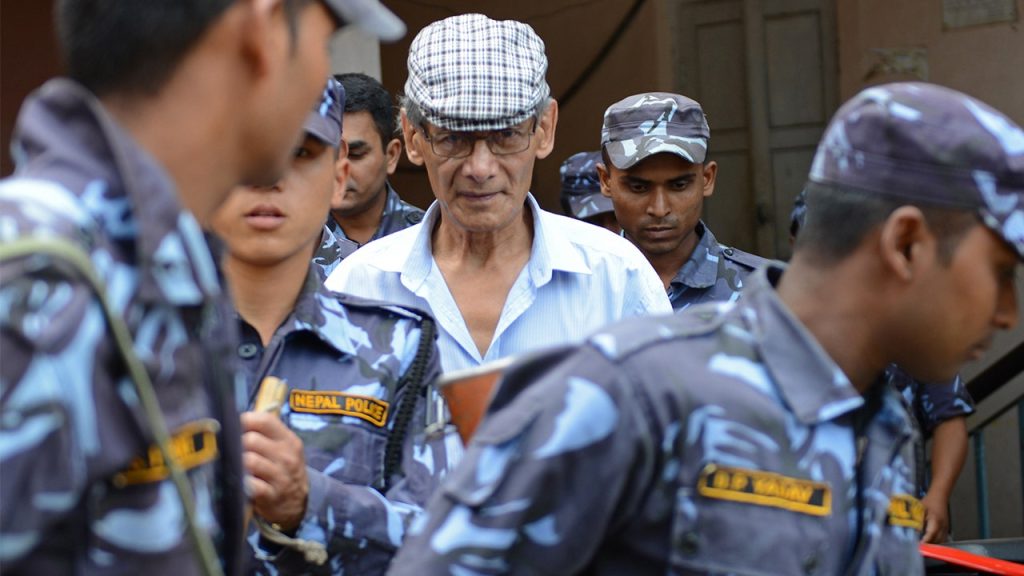Charles Sobhraj, a French serial killer accused of murdering at least a dozen western tourists in Asia during the 1970s, is now a free man and has granted a new televised interview. The 80-year-old has a narcissistic personality and believes in his own innocence, according to Jackie Malton, a retired detective chief inspector from the United Kingdom. Sobhraj is suspected of killing 20 people in various countries such as Afghanistan, India, Thailand, and Hong Kong. Malton described Sobhraj as ruthless, cold-hearted, and lacking in empathy during his time as a serial killer in the 1970s.
Sobhraj was sentenced to life in prison in Nepal in 2004 for the murder of American tourist, Connie Jo Bronzich, in 1975. He was also found guilty of killing Bronzich’s Canadian companion, Laurent Carrière, a decade later. After serving 19 years of his life sentence, Sobhraj was released from prison in Nepal in 2022 and sent back to France. His release was ordered by the Supreme Court due to poor health, good behavior, and having served more than 75% of his sentence. Sobhraj’s story will be featured in Peacock’s “World’s Most Notorious Killers” on September 17.
Dubbed as the “Serpent” and the “bikini killer,” Sobhraj preyed on young backpackers along the “hippie trail” through Asia by befriending them, drugging them, and then robbing and murdering them. Jackie Malton worked with a team of criminal profilers, researchers, and psychologists to investigate Sobhraj, who gained notoriety after being featured in Netflix’s “The Serpent” in 2021. Malton sat down with Sobhraj for an interview this year and discovered that he wanted to proclaim his innocence to the world. Despite his violent past, Malton was surprised by Sobhraj’s present demeanor, noting that he appeared polite and respectful.
In a statement to French newspaper Le Monde after his release, Sobhraj denied killing anyone, claiming to have used stolen passports but never committed murder. His upcoming interview on Peacock’s series will shed more light on his crimes and past behaviors as a notorious serial killer. Despite his release from prison, Sobhraj still faces a cloud of suspicion and doubt surrounding his involvement in the numerous murders he is accused of committing during the 1970s. This story serves as a chilling reminder of the heinous crimes committed by individuals like Sobhraj and the lasting impact on the families and communities affected by their actions.













